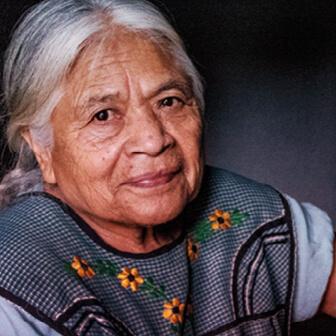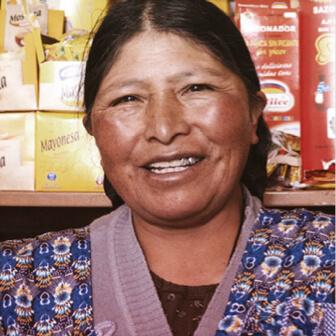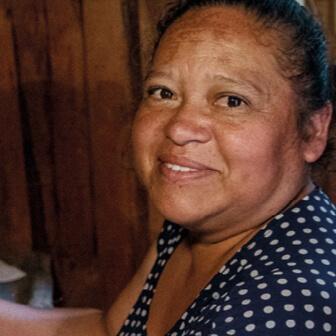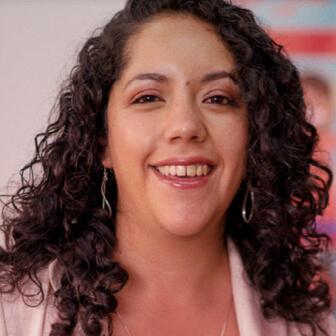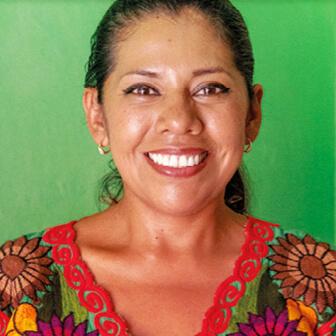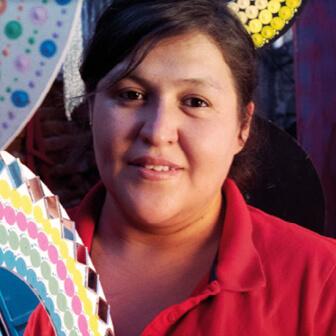Addressing the Digital Gender Gap in Latin America: International Day of the Girl Child 2021
11 octubre, 2021
Blog, Nicaragua
Pro Mujer is honored to stand with women and girls to commemorate this year’s International Day of the Girl Child 2021 and drive digital transformation through programs across Latin America.
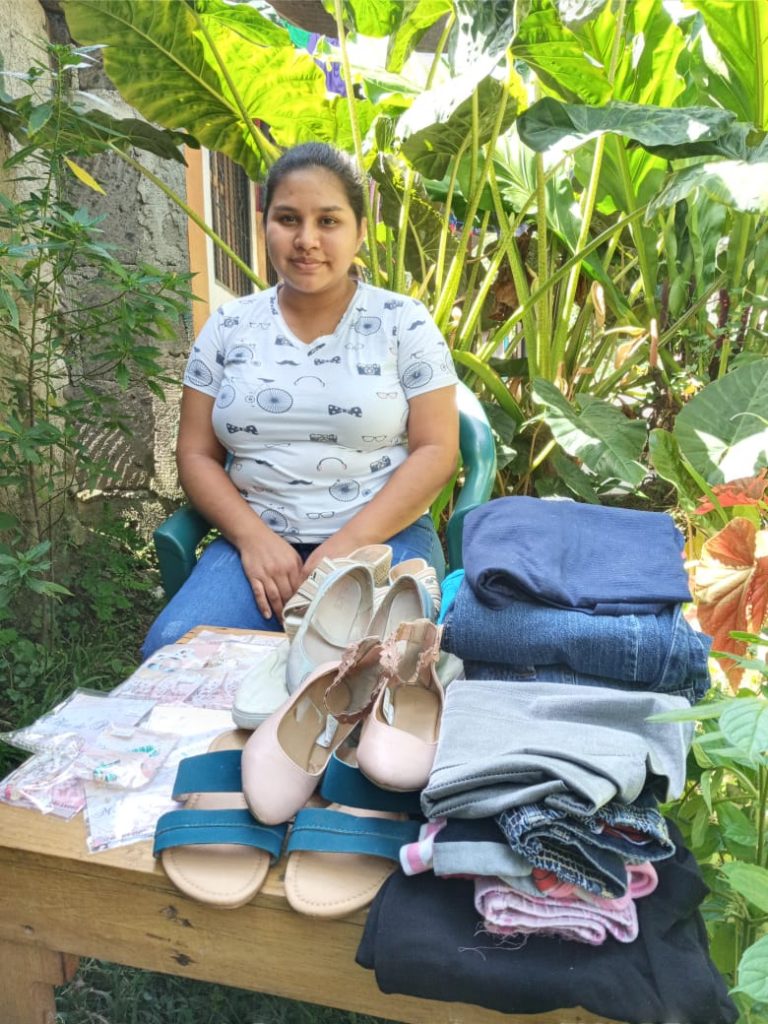
Margine Chavarria, a 22-year-old mother, student and entrepreneur in Nicaragua
Although the COVID-19 pandemic accelerated the use of digital platforms all over the world, it also highlighted a significant digital divide – approximately 250 billion people below the age of 25 around the world still do not have internet access at home. Of this group, women and girls are more likely not to have access. In fact, over a span of six years, the gender gap for global internet users grew from 11% to 17% and, in the world’s least developed countries, it is approximately 43%. With technological access essential to helping women and girls to get educated, build skills and find jobs, it is now more important than ever to expand digital inclusion efforts to close the gender digital divide so that every girl can reach her full potential – which is why it is the theme of this year’s International Day of the Girl Child.
This year, Pro Mujer is particularly honored to stand with women and girls in Latin America to address the digital gender gap through programs that expand women’s access to health, educational and financial services by focusing on digital connectivity and literacy.
“At Pro Mujer, we know that technology can increase women’s access to fundamental resources, such as health care, education, and financial services. By doing so, we are providing them with more opportunities, tools, and abilities to access a wider range of possibilities in the digital age, which leads to a further increase in their life options and, most importantly, the quality of those options and the impact they could have in boosting women`s prosperity and welfare,” said Jimena Barrera, Global Manager for Innovation and Digital Transformation at Pro Mujer. “This is why we are dedicated to finding inclusive and innovative solutions to empower women through technology and bring us one step closer to eliminating the gender digital divide.”
For example, one of the ways that Pro Mujer empowers women through technology is a digital chatbot, which, thanks to support from AVON, helps with the detection and prevention of breast cancer for women across Latin America. Pro Mujer is also releasing a crowdfunding platform in collaboration with Pfizer to help women living with cancer get the resources they need to finish treatment.
To expand women’s access to digital training, Pro Mujer launched the “Mujeres Online” project in Bolivia, which grants women scholarships to attend “Get Connected,” a program in partnership with the CISCO Networking Academy that offers a variety of online digital literacy courses, ranging from entrepreneurship to cybersecurity. Additionally, in Nicaragua, Pro Mujer has a mobile wallet for women to use for their businesses, credit disbursement and personal lives, which allows them to have their money electronically to mitigate the risk of robberies, cater to online customers, and optimize financial resources.
Margine Chavarria, a 22-year-old mother, student and entrepreneur in Nicaragua who uses the mobile wallet to run her clothing, shoes, jewelry and cosmetic business said, “Now, with the mobile wallet, I receive the exact amount of the disbursement that corresponds to me by means of a text message, instead of having to divide one unified disbursement with other members of the community bank to ensure we each get the proper amount. I also feel like I have a better control of our money by withdrawing only the amount that I am going to need.”
Through all of these programs and more, Pro Mujer is empowering women through technology and coming up with new innovations to widen pathways for the next generation of girls to access the digital resources they need to thrive. Learn more about some of Pro Mujer’s digital transformation work in Nicaragua or about how you can get involved in the International Day of the Girl Child 2021.
